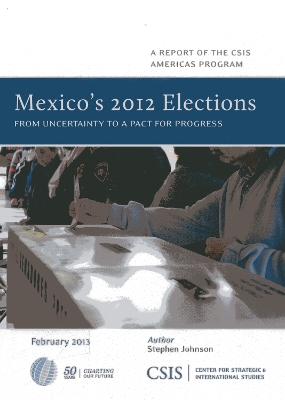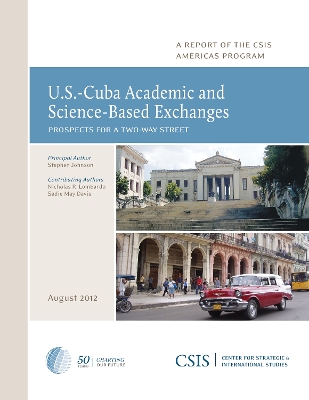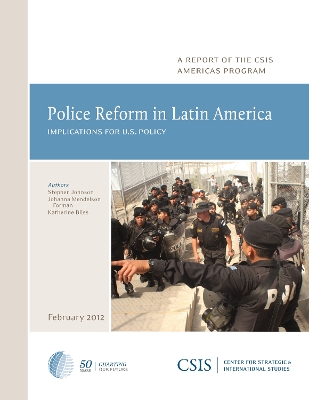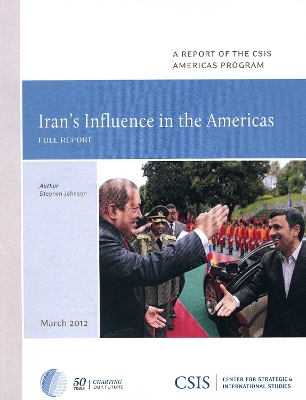CSIS Reports
4 total works
At the beginning of 2011, security defined the U.S.-Mexico relationship, and it was the issue that most observers thought would shape Mexico's 2012 presidential, state, and local elections. Only two of Mexico's three main parties, the National Action Party (PAN) and Democratic Revolutionary Party (PRD), had well-known positions on security and on themes such as economic liberalization, rule of law, and reform of the energy sector. After the election, changes began to occur. A labor bill that Calderon introduced in the new Congress passed both chambers largely intact with the new president-elect's support, setting the stage for multipartisan cooperation. Similarly, in December, Congress enacted a constitutional change in education, and a supermajority of states seems destined to approve it. It remains to be seen whether that sense of compromise among Mexico's three dominant parties will prevail for other key initiatives, including telecommunications, taxes, energy reform, and public safety. Yet, where there was uncertainty about the course Mexico would take leading up to the 2012 elections, the new administration has committed itself to the principles of effective government, with public opinion playing a supporting role.
Over the past decade, as many as 2,500 American students a year have studied in Cuba. However, travel for Cubans to the United States is extremely limited. Since the revolution that replaced a petty dictator with a repressive, totalitarian government in 1959, the population has served as a captive labor force in which all able adults were expected to work for the state. In the past two years, that situation has begun to change as a result of the shift in leadership from Fidel Castro to his brother Raul. The twist is that Cuban authorities remain deeply suspicious of any U.S. government involvement in exchanges and still worry about letting citizens travel to countries where they may be tempted to stay. More private and less U.S. government involvement in U.S.-Cuban exchanges may be a way to ease that logjam and make U.S.-Cuban exchanges more of a two-way street.
To the extent that the security and stability of close hemispheric neighbors impinge on the security and well-being of U.S. citizens, the United States is obliged to promote regional law enforcement reforms. If not, other countries such as China and Iran may be willing to do that, perhaps in ways the United States might not like, potentially putting American interests and lives at risk. Police reform is a hugely complicated undertaking, in which there are no easily transferable formulas for success. This report examines police reform in the Americas and suggests a strategic approach--considering trends, the threat environment, available resources, institutional strengths and weaknesses, and leadership--that will permit U.S. assistance to be successful.



